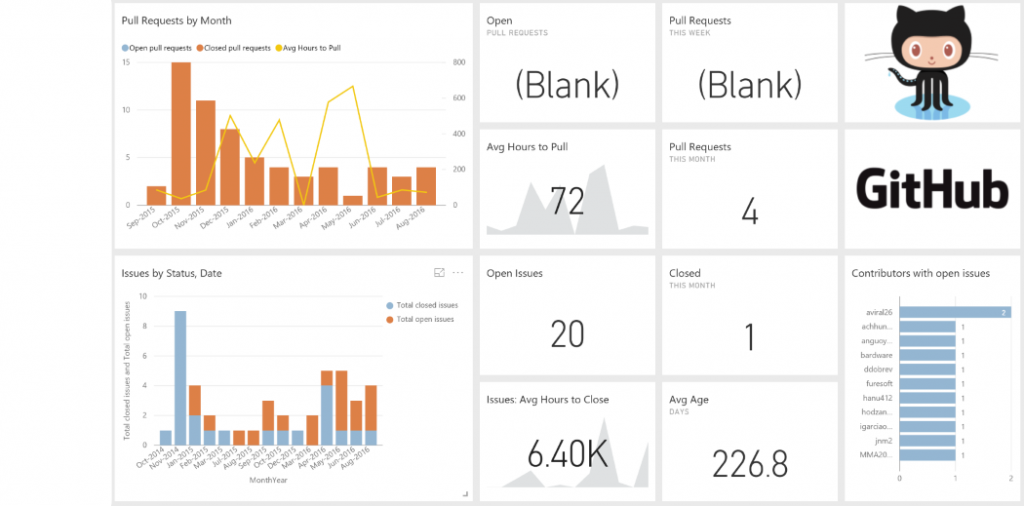GitHub is one of the most valuable social networking platforms for business, beginning to rival Facebook, LinkedIn, Instagram and others for a place to understand what is going on across leading business sectors. However, GitHub doesn’t have all the usual signals coming in text, images, and video format, making the social ecosystem something that often gets overlooked by business folks who don’t quite understand the open source landscape. This makes GitHub less noticeable than some of the more proven, lower hanging fruit that exists on other platforms.
Companies, organizations, institutions, and government agencies of all shapes and sizes are using GitHub to manage the open source software they depend on, and increasingly also managing content, data, APIs, and other critical infrastructure within the GitHub ecosystem. Since GitHub is free for public repositories, it is common for GitHub to provide us with a unique window into what is going on across some of the more public entities on the web today.
Not all companies officially operate on GitHub, however, the majority of them will have employees who operate on the social coding platform. Adding an entirely new dimension when it comes to understanding what the enterprise organizations are up to by tuning into the activity of their workers. You’d be surprised what some developers and IT folks publish to their personal GitHub repositories, revealing where their heads are on a daily basis, and providing valuable insights into what they are working on. Making the GitHub API combined with a fairly basic organizational chart, and extremely valuable monitoring resource when it comes to mapping out and understanding the landscape of organizations of any size.
All of this activity on GitHub makes the platform a ripe source of information when it comes to competitive analysis. Depending on the organization, and the industry they operate within, there is a pretty good chance you can find their organizational presence available publicly on the platform, and even greater chance you will find one or many of their developers, IT, and other technology enablement staff doing things out in the open on GitHub. Something that will only continue to grow as long as Microsoft, GitHub’s new owner maintains the current business model structure for the popular social coding platform. Encouraging businesses to be more transparent in what they do, but also incentivizing developers within large organizations to use the platform as a crutch in their daily workflows.
